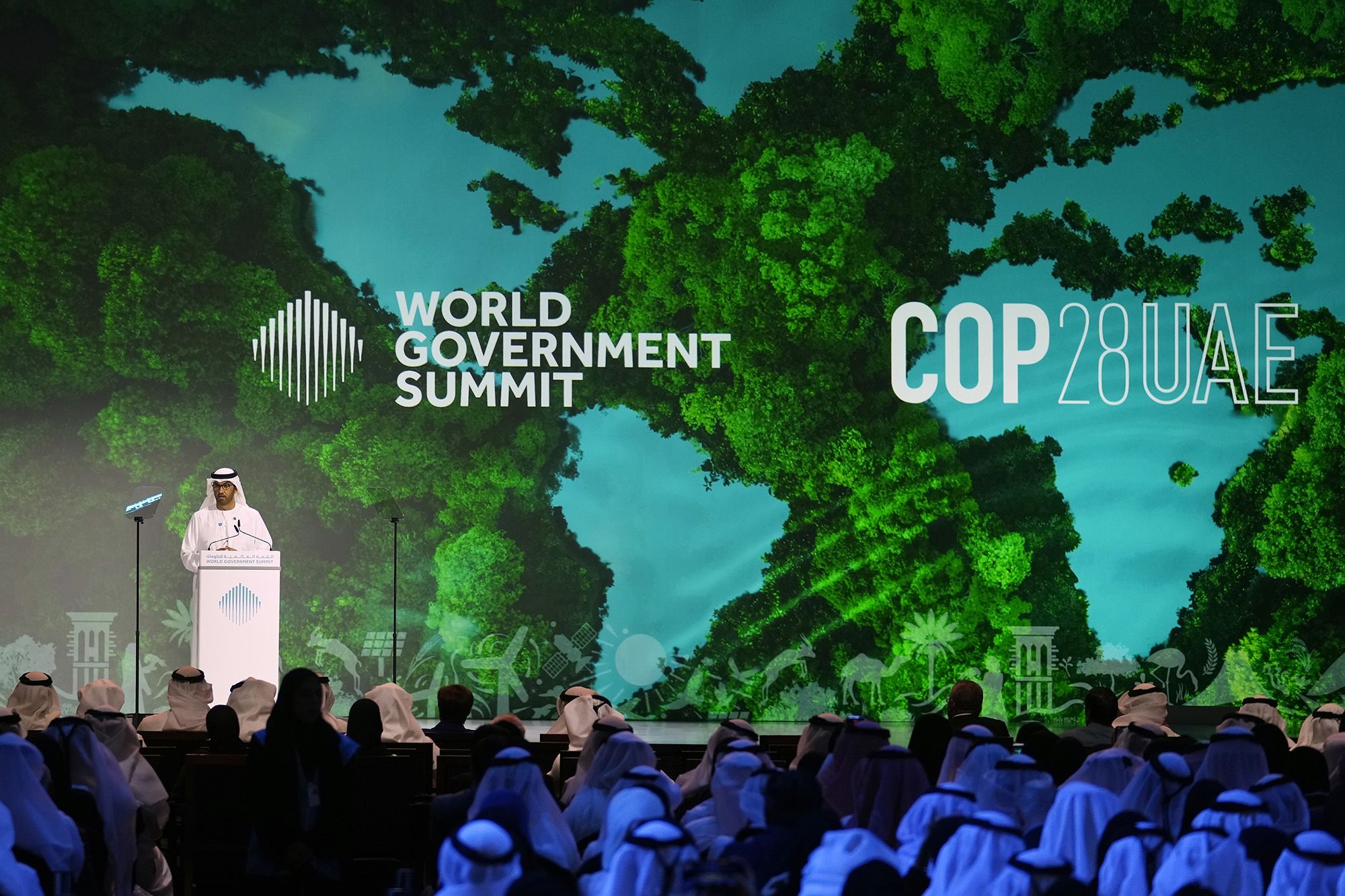While the issue of climate security has gained traction in research and policy debate, it should be addressed within the broader framework of human security and seize the opportunities it offers to boost MENA citizens’ engagement.
The current debate on the nexus between climate change, peace and security, is built on the premises that the effects of climate change could exacerbate existing tensions, conflicts, grievances in the MENA region and could create new security threats, mainly due to the forced displacement of affected populations and the competition for increasingly scarce natural resources. However, the still limited research on this topic is largely empirical and did not lead to firm conclusions on the relationship between climate change and security. Interestingly, what some research does show is that climate change is an “intermediate variable”, rather than as a “major driver of conflict”[1]. This means that other critical factors, such as states’ institutional and economic structures, affect the likelihood of conflict. The probability of conflict is also heightened depending on the level of resilience, vulnerability and adaptive capacity of the affected populations.
This current state of research echoes latest data on the priorities of Arab citizens. According to respondents from the 2022 Arab Opinion Index[2], the most pressing problems they face are economic issues, weak governmental performance and policies, and security, safety, and political instability. Therefore, while there is increasing awareness and concern about the consequences of climate change, this is just one of many challenges that people struggle with in the MENA region.
The 28th session of the Conference of Parties to the UNFCC (COP28), hosted by the United Arab Emirates, was launched last week and engaged a series of discussions on climate change, peace and security. One of the questions that experts tackled is how to make climate policies and programs more peace and security sensitive. Here are a few considerations that ARDD shared with them to help advance this debate:
- Climate security cannot be detached from the drive towards climate justice
Concretely, this means that we have the responsibility to develop inclusive climate policies and programs which transcend gender, geographic and social divides; which take into account the needs and considerations of the most vulnerable segments of the affected populations including refugees and migrants; and which integrate other environmental concerns such as soil degradation, air pollution, ecological depletion and waste management. The 15.7 million refugees in the MENA region are particularly affected by heat waves, water scarcity, food insecurity and they should not be left behind.
- Climate security cannot be achieved without a commitment towards human security
We regularly see climate protesters and activists in the West and in Arab countries confronted with the violence and repression of police forces. In July 2022, the UN General Assembly recognized that a clean, healthy, and sustainable environment is a human right. Therefore, citizen peaceful protests and initiatives aiming to claim for and realize this right should not be criminalized and undermined. We shall foster an enabling environment respectful of the right to freedom of expression, association and movement that will allow citizens in the Arab world and elsewhere to engage actively and meaningfully in climate action.
- Climate security cannot be effective without the integration of the localization principles
As we have seen during the pandemic or during times of war, national staff, local NGOs and civil society organizations are at the forefront of emergency responses; yet, they continue to struggle to make their voices heard and to get a fair share of humanitarian and development funding. Many of them do not even have access to global debates on climate change because they lack the visa, financial means or proper accreditation to be able to attend high-level meetings in the region or in Western countries. Therefore, there is a need to amplify local voices, to make more visible their positive initiatives in mainstream media and not just the wars that affect the Middle East, and to facilitate their access to policy discussions and funding to strengthen their leadership and resilience.
Efforts aiming to make climate policies more peace and security sensitive should not be solely concerned with risks mitigation; they should also embrace the climate security challenge as an opportunity to redefine the social contract between Arab citizens and their governments. The fight against the effects of climate change can also be used as an entry point to tackle conflicts at the national and regional levels, create sustainable economic opportunities and strengthen social cohesion. Finally, while the war is waging in Gaza and the Strip has been hit with the equivalent of more than two nuclear bombs, one cannot help thinking about the responsibility to make peace and security more sensitive to climate change and the protection of the environment. How to make parties to conflict accountable for the damage inflicted on the environment? How to promote a radical shift from waging wars to funding peace and climate adaptation? How to ensure that peace and security are a right for all and not just for a few? These are some of the topics that ARDD will further investigate in upcoming articles.
[1] Feitelsona, E., Tubi A., A main driver or an intermediate variable? Climate change, water and security in the Middle East (2017). Global Environmental Change, 44, 39-48.
[2] https://www.dohainstitute.org/ar/Lists/ACRPS-PDFDocumentLibrary/arab-index-2022-full-report-ar.pdf


